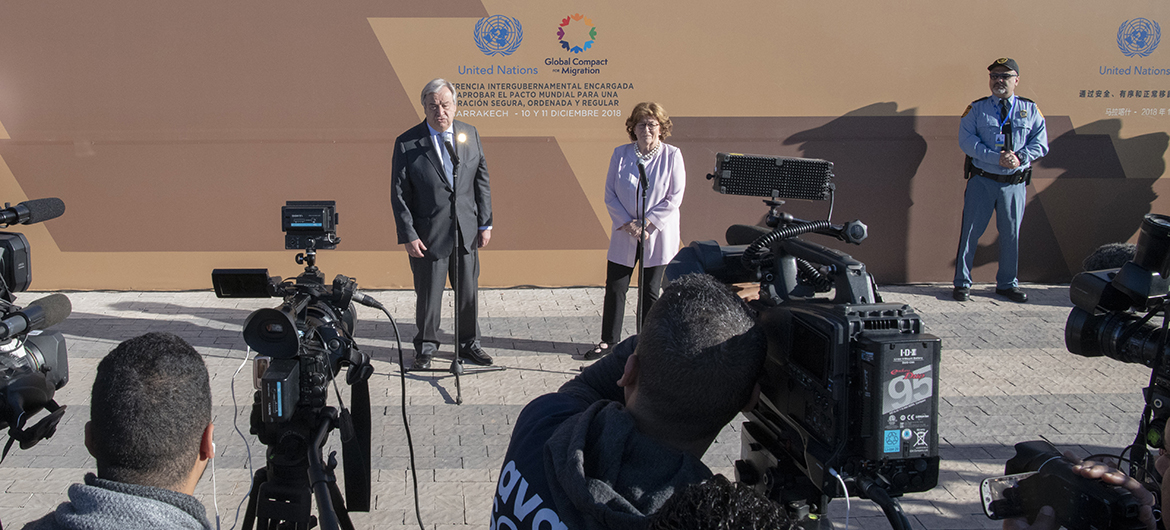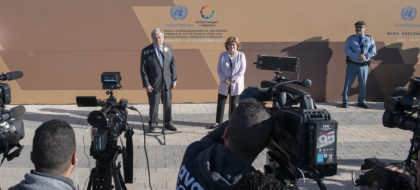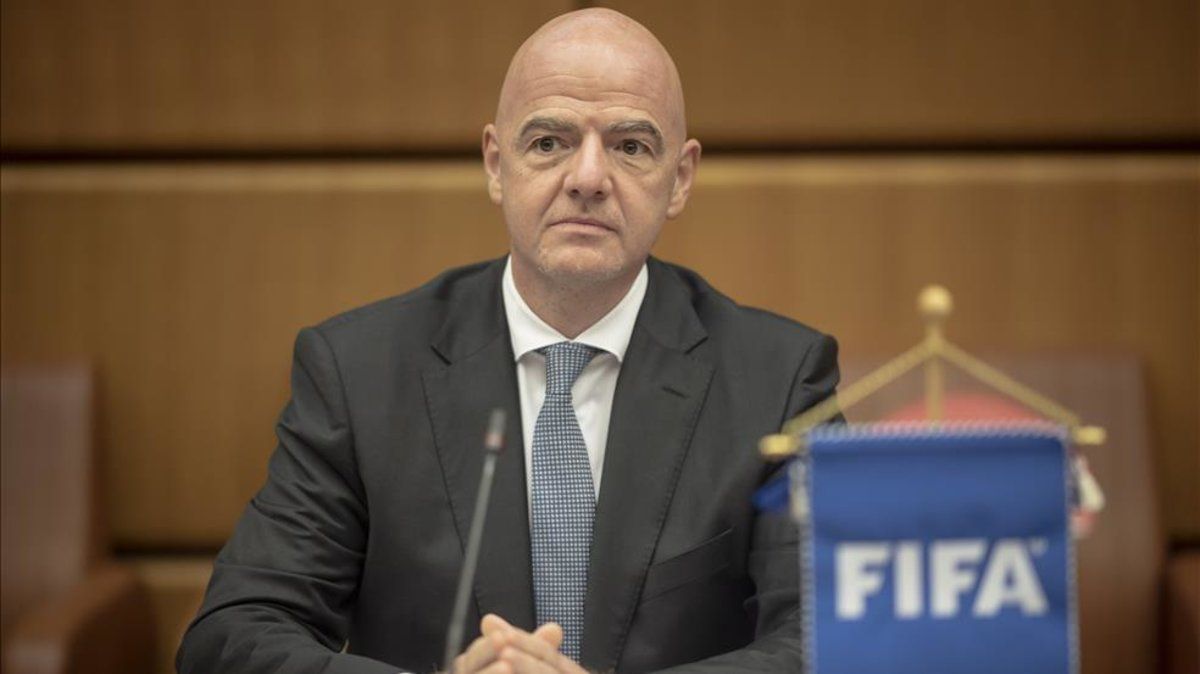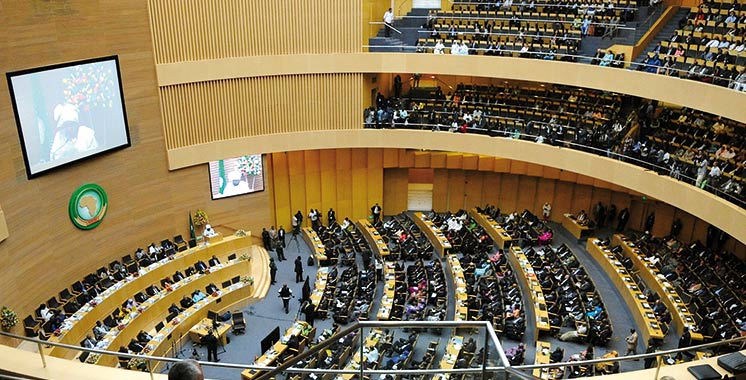German Chancellor Angela Merkel, who took part in the Intergovernmental Conference that adopted Monday in Marrakech the Global Compact for Safe, Orderly and Regular Migration welcomed the adoption of the pact, saying that it was high time the international community came to a more realistic understanding over global migration.
Ms. Merkel warned that the “go it alone approach will not solve the issue,” stressing that multilateralism is the only possible way forward.
She admitted that her country – which has already welcomed more than a million migrants and refugees in recent years from countries such as Syria – will need more skilled labor from outside the European Union and has a vested interested in legal migration.
However, she reaffirmed that Member States must tackle illegal migration and clearly commit to effective border protection to prevent human trafficking, as put forward in the Compact.
“States cannot accept that traffickers are the ones deciding who crosses into countries. We must settle such matters among us”, Ms. Merkel said.
In his message to the Conference, King Mohammed VI also stressed the need for the international community to pool efforts to take up the migration challenges.
“The challenge for this Conference is therefore to unite, in the face of populism, to bring together, in the face of isolationism, and to come up, through dialogue and international cooperation, with meaningful solutions to one of the major issues of our time,” he stated.
No single country can, on its own, face up such a challenge. Just as there is no alternative to cooperation, there is no alternative to action, either. The Global Compact is not an end in itself. It will be meaningful only if it is effectively implemented. Viewed from this angle, the Marrakech Conference is, first and foremost, a call to action.
UN Secretary General Antonio Guterres who opened the intergovernmental session said that the Compact provides a platform for “humane, sensible, mutually beneficial action” resting on two “simple ideas”.
“Firstly, that migration has always been with us, but should be managed and safe; second, that national policies are far more likely to succeed with international cooperation.”
He welcomed the overwhelming global support for the pact, saying that for people on the move, “voluntary or forced; and whether or not they have been able to obtain formal authorization for movement, all human beings must have their human rights respected and their dignity upheld.”
The adoption of the pact, now known as Marrakech Compact, coincides with the 70th anniversary of the Universal Declaration of Human Rights, a document which is central to the pact. Mr. Guterres said “it would be ironic if, on the day we commemorate the 70th anniversary of the Universal Declaration of Human Rights, we would consider that migrants are to be excluded from the scope of the Declaration.”
After the adoption, the UN chief told journalists that “it was a very emotional moment” for him when he saw “the members of the conference unanimously in acclamation” adopt the Compact.
It was fitting that the conference is taking place in Marrakech, Morocco, a major migration route for centuries.
UN senior migration official Ms. Louise Arbour, tasked with overseeing the process, also applauded the adoption, calling it “wonderful occasion, really a historic moment and a really great achievement for multilateralism.”
Ms. Arbour, who is the UN Special Representative for International Migration, said the Compact “will make an enormous positive impact in the lives of millions of people – migrants themselves, the people they leave behind and the communities that will then host them.”
The pact, which is about 40 pages long, must now be the subject of a final vote of ratification, December 19 at the UN General Assembly.




